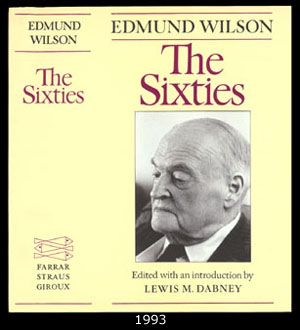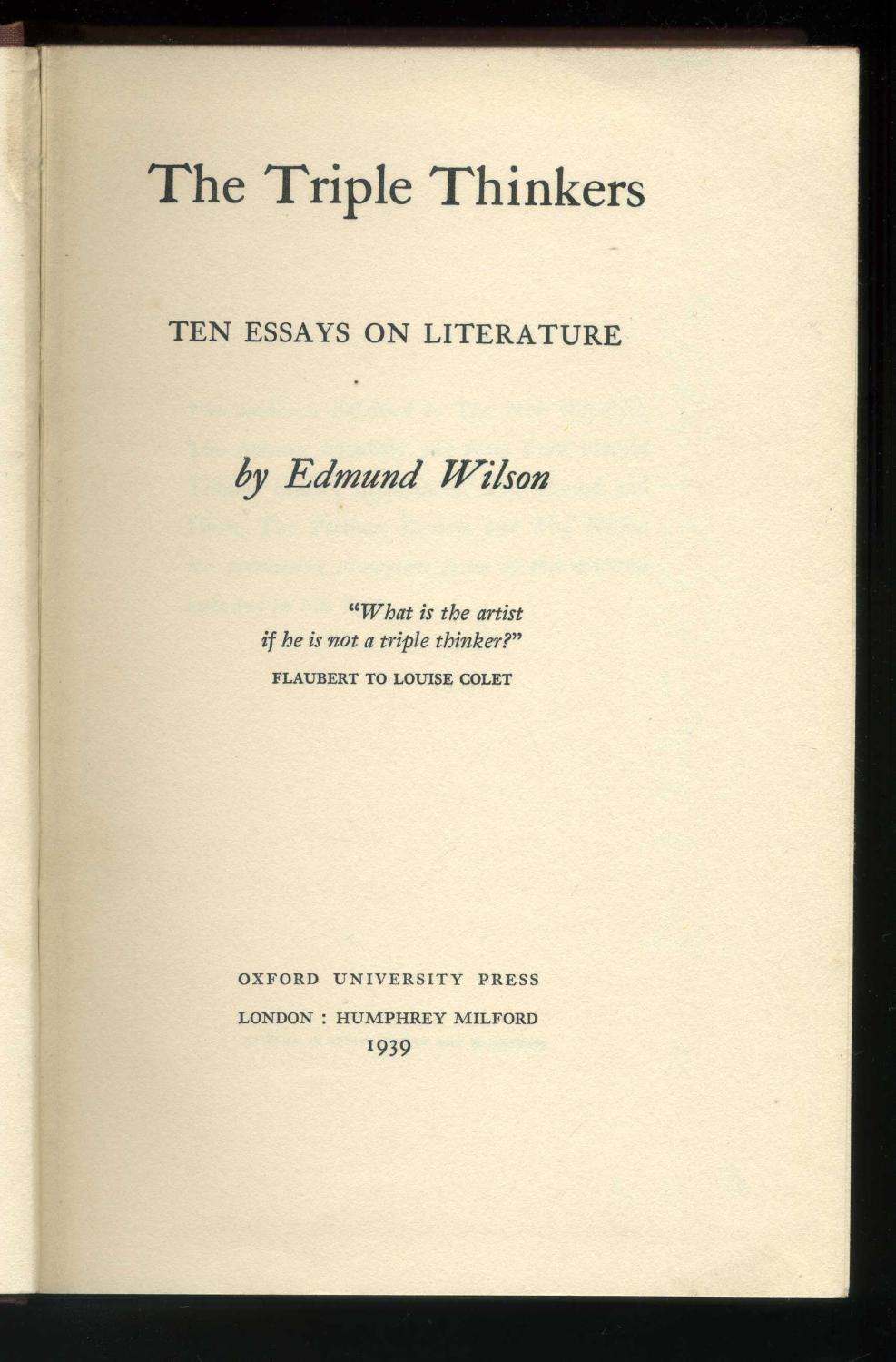
For, as she lucidly but helplessly points out, her own discourse, the discourse of linguistics or psychoanalysis, answers to the same description and diagnosis. The knowledge that one errs does not eliminate the error.” (202-03)įelman’s conclusion (Nietzsche’s) does not resolve the issue: it dissolves it, the question along with the answer only the questioner remains, inaccessible, silenced. “Life is the condition of knowledge,” writes Nietzsche “Error is the condition of life-I mean, ineradicable and fundamental error. If the “joke” is nonetheless also a “worry,” if … mystification is also “tragic,” it is because the “error” (the madness of the interpreter) is the error of life itself.

The joke is that, by meaning, everyone is fooled. mystification is a game, a joke to play is to be played to comprehend mystification is to be comprehended in it entering into the game, we ourselves become fair game for the very “joke” of meaning. 3įelman takes the issue to its rational conclusion in her reading of the James story: she concludes not that language in this story is ambiguous, but that in this story James figures and enacts the dilemma of literary language per se: As John Carlos Rowe observes, undecidability itself has become a critical concept, inadvertently defining a new center, reasserting the logocentrism it thinks it deconstructs. Ambiguity that implies loss of an object and failure of an action is haunted by ghosts of the notions of being as presence, of teleology, form, meaning, the rational-the Western metaphysical paradigm before Nietzsche.

There is a sense that the issue is decidable-it is only language that cannot decide or that if it is not decidable, then effort is lost, wasted, in trying to understand. Both the reading and the story seem to be somehow at fault-weaker than they should be in general muscle, strength to do the job, or know-how, skill, or character, will. The term has come to mean “undecidability.” The story ends where the moderns always lead us and leave us-in “ambiguity.” The word betrays a trace of irritation, a sense of giving-it-up, that seems to suggest that one should be able to decide, and beyond that, that the issue should be decidable.

In Appendix C, I point out explicitly some of Heidegger’s insights that I am finding among James’s insights here.Ĭritics have characterized language in The Turn of the Screw 1 as “ambiguous” since Edmund Wilson provided the epithet and the “diagnosis,” 2 as Shoshana Felman put it (105), of the governess’s-or James’s-case. The following essay is a Heideggerian reading of Henry James’s The Turn of the Screw.


 0 kommentar(er)
0 kommentar(er)
